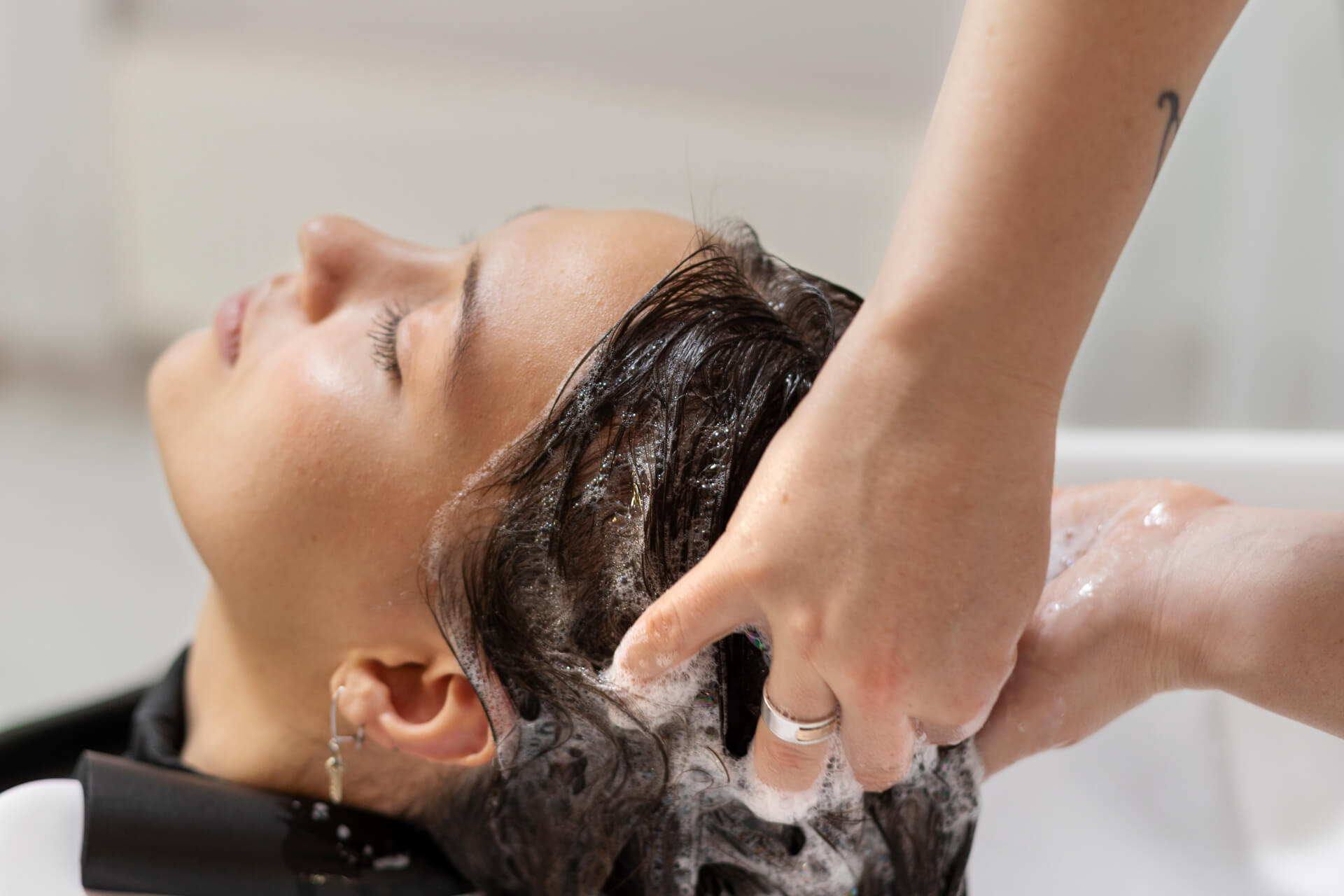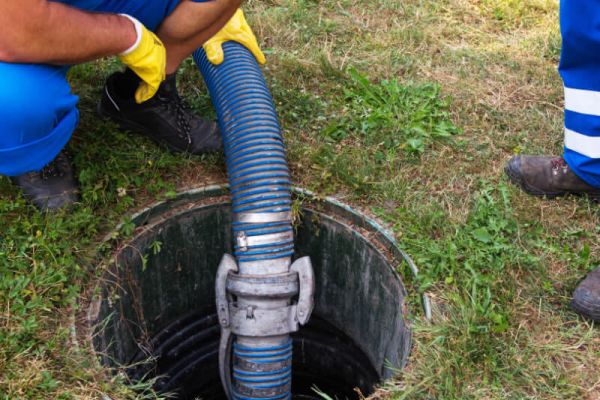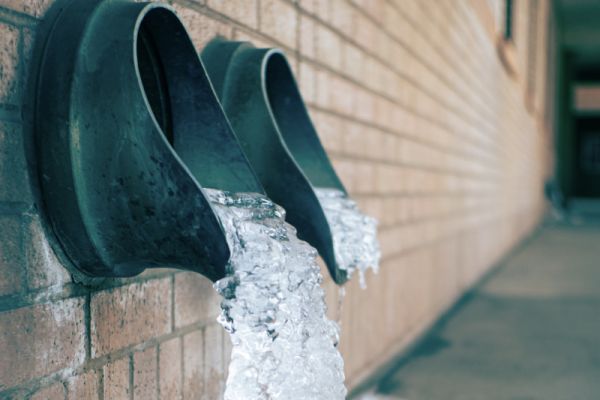In this article
Hair and Soap Scum: Why Your Drains Are Slowing Down
Ever noticed your sink or shower draining more slowly than usual? The culprit is often a sticky mix of hair and soap scum. Over time, this builds up inside your pipes, leading to blockages that can cause unpleasant smells and standing water. The good news? A little maintenance can go a long way in keeping your drains clear.
Why Do Hair and Soap Scum Cause Blockages?
Understanding the chemistry and physics at play is crucial. Hair, composed of keratin proteins, has a rough, scaly surface. These scales interlock, creating a net-like structure that traps debris. When mixed with soap scum—a byproduct of fatty acids in soap reacting with minerals like calcium and magnesium in hard water—the result is a sticky, dense matrix. This matrix adheres to the pipe walls, gradually narrowing the passage for water flow.
- The Hair: Each strand acts like a tiny anchor, catching more hair and other particles. The rough texture increases surface area, amplifying the ability to trap debris.
- The Soap Scum: The chemical reaction producing soap scum, known as saponification, creates a residue that's not easily dissolved by water alone. This residue acts as a glue, binding hair and other particles together.
- The Pipe: Over time, this buildup creates a rough, irregular surface within the pipe, further exacerbating the problem by providing more points for debris to latch onto.
How to Prevent Hair and Soap Scum Build-Up
- Use a Drain Cover: A simple mesh drain cover catches hair before it enters your pipes. Empty it regularly to keep water flowing smoothly.
- Flush with Hot Water Weekly: Pouring a kettle of hot water down your drain once a week helps dissolve soap residue before it becomes a problem.
- Try Baking Soda and Vinegar: A natural alternative to harsh chemicals, this combination helps break down minor clogs and keeps your pipes fresh. Simply pour half a cup of baking soda down the drain, followed by a cup of vinegar. Let it fizz for 10–15 minutes before flushing with hot water.
- Clean Your Plugholes Regularly: Remove trapped hair and soap scum from your plughole every few days. A simple plastic drain snake or an old toothbrush can do the job effectively.
- Avoid Excessive Soap Use: Using too much soap—especially bar soap—can lead to faster build-up. Consider switching to liquid soap, which leaves less residue behind.

Beyond the Basics: Advanced Prevention Techniques
While basic maintenance like drain covers and hot water flushes are effective, a more comprehensive approach can significantly extend the lifespan of your plumbing.
- Enzyme-Based Cleaners: Unlike chemical drain cleaners that can damage pipes, enzyme-based cleaners use natural enzymes to break down organic matter, including hair and soap scum. These are gentler and more environmentally friendly.
- Regular Pipe Inspections: Periodically checking the accessible sections of your drain pipes can reveal early signs of buildup. Using a flexible camera or CCTV survey can provide a visual inspection.
- Water Softeners: If you have hard water, consider installing a water softener. This reduces the mineral content in your water, minimizing soap scum formation.
- Strategic Hair Management:
- Brush hair before showering to minimize shedding.
- Consider using hair catchers designed for specific drain types, such as those with finer mesh for delicate hair.
- For long hair, periodically trim ends over a trash can, not the sink.
- Optimized Soap Choices:
- Opt for liquid soaps or body washes that are formulated to minimize residue.
- Look for soaps that are labeled "soap-free" or "syndet" (synthetic detergent), which produce less scum.
When DIY Isn't Enough: Escalating to Professional Solutions
While home remedies can address minor clogs, persistent or severe blockages require professional intervention.
- Hydro-Jetting: Also known as drain jetting, this technique uses high-pressure water streams to blast away stubborn clogs and buildup. It's more effective than traditional snaking and can clear pipes more thoroughly.
- Video Inspection: Plumbers use specialised CCTV cameras to inspect the inside of pipes, pinpoint the exact location and cause of the blockage, and determine the best course of action.
- Pipe Descaling: For pipes with heavy mineral deposits, descaling can remove the buildup and restore proper flow. This often uses specialized chemicals or mechanical tools.
- Preventative Plumbing Maintenance: Regular inspections and maintenance by a qualified plumber can identify potential problems before they escalate into costly repairs.
The Long-Term Impact: Protecting Your Plumbing Investment
Ignoring slow drains can lead to significant plumbing issues, including:
- Pipe Corrosion: Chemical drain cleaners, if used excessively, can corrode pipes, leading to leaks and costly repairs.
- Backups and Flooding: Severe clogs can cause water to back up into your home, resulting in water damage and mold growth.
- Reduced Pipe Lifespan: Consistent buildup and harsh cleaning methods can shorten the lifespan of your plumbing system.
By understanding the science behind hair and soap scum buildup and implementing proactive prevention strategies, you can maintain clear drains and protect your plumbing investment. Remember, a little knowledge and regular maintenance can go a long way in keeping your drains flowing freely.
Need help with a stubborn blockage? Cotswold Drainage are here to help with expert advice and professional drainage solutions.
Get in touch
Contact our friendly and professional team via form, phone or email for any drainage issues you may have.
From blocked drains to septic tank repairs and replacements, we're here to help. We have over 25 years of experience and offer 24/7 emergency callouts.
-
01386 882324
-
WhatsApp
-
This email address is being protected from spambots. You need JavaScript enabled to view it. -
See what our customers think


